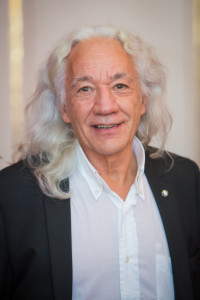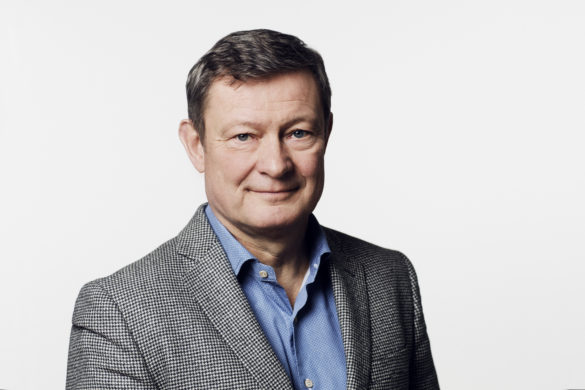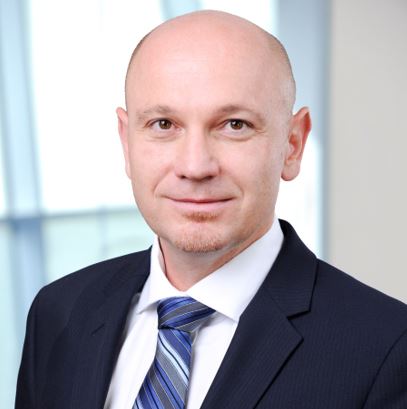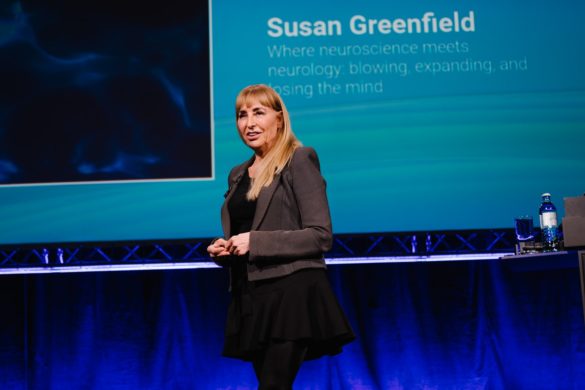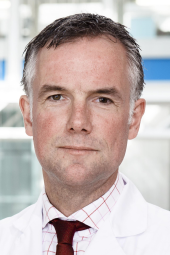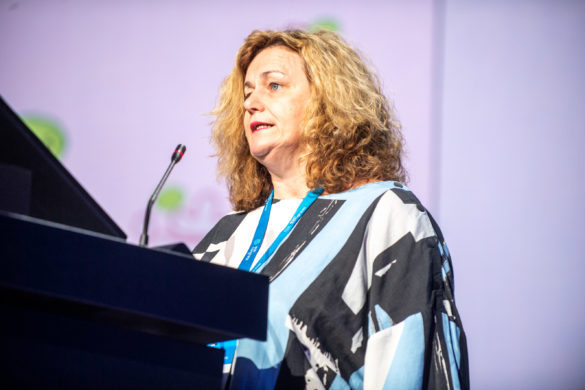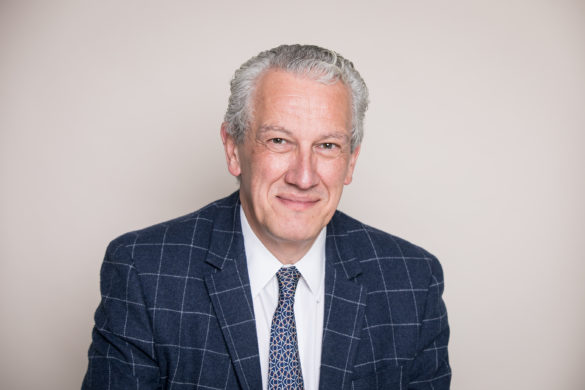David B. Vodušek (DBV): The EFNR is a multidisciplinary organisation open to any professional with an interest in neurological rehabilitation. Its structure is quite similar to that of the EAN. Can you briefly illustrate how the EFNR operates and works?
Leopold Saltuari (LS): The European Federation of NeuroRehabilitation Societies (EFNR) is open to all colleagues interested in the field of neuro-rehabilitation. It was founded in order to create a common platform for the national European societies of neuro-rehabilitation as well as other organizations with similar interests. Every second year, alternating with the WFNR, the EFNR organises the European Congress of NeuroRehabilitation. The first Congress took place in 2011 in Merano, Italy, and the fourth Congress will be held in the autumn of 2017.
DBV: EAN strives to optimize clinical care for those living with neurological disorders. The role of neuro-rehabilitation is crucial in this process. Are there differences in the organization of neurological rehabilitation throughout Europe?
LS: Due to the different legal situations in European countries, the organisation of neuro-rehabilitation varies from country to country. For this reason the exchange of experiences and clinical knowledge is even more important. A curriculum in neuro-rehabilitation has been developed in order to allow young colleagues the opportunity to increase their knowledge and attempting to standardise treatment options.
DBV: EAN works towards a fruitful cooperation with neurology related societies and sub specialties. How do you see possible cooperation between the EFNR and the EAN? Which would be your “starting up” recommendations?
LS: Since the EFNR is open to all societies interested in neuro-rehabilitation, a close and fruitful collaboration with the EAN should be encouraged. In order to implement contact, a common meeting of the presidents or executive members should be scheduled.
DBV: You are working in Austria which has in the eyes of many an excellent neuro-rehabilitation set up. Can you describe its strengths and what you potentially would like to improve?
LS: Indeed, Austria has a long tradition of neuro-rehabilitation, and the first European Society of NeuroRehabilitation was founded here. However, we are struggling with legal regulations which are not to be underestimated. From the legal point of view, neuro-rehabilitation in Austria for example is not considered to be appropriate for acute patients, but when a treatment is postponed to later phases, it is unacceptable from the clinical point of view. In spite of these difficulties, Austria has well-functioning facilities for treating neuro-rehabilitation patients even in the acute and intermediate care phase.
DBV: Prof. Saltuari I thank you for this very informative interview and wish you and EFNR further success.
Prof. Leopold Saltuari works at the Department of Neurology, Landeskrankenhaus Hochzirl-Natters, Austria

